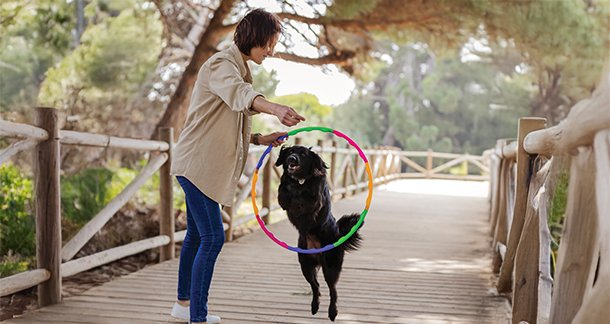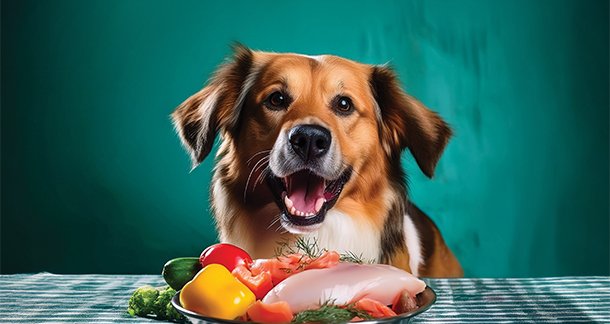Just like humans, dogs thrive when their digestive systems are functioning well. A healthy gut not only ensures efficient nutrient absorption but also plays a crucial role in a dog’s immune system, mood, and overall vitality. Whether you’re a new pet parent or a seasoned dog lover, understanding and encouraging good digestive habits can lead to a happier, healthier life for your canine companion.
Here are some key habits that support optimal digestion in dogs:
- Consistent Feeding Schedule
Dogs thrive on routine. Feeding them at the same times each day helps regulate their digestive system and prevents issues such as bloating or overeating. Puppies may require three to four meals daily, while adult dogs typically do w ell with two meals.
- Choose High-Quality, Easily Digestible Food
Opt for dog food formulated with easily digestible proteins (like chicken, lamb, or salmon), whole grains, and fiber-rich vegetables. Avoid fillers, artificial additives, and low-quality meat by-products. For dogs with sensitivities, hypoallergenic or grain-free diets may be beneficial, consult your vet to choose what’s best.

3. Portion Control is Key
Overfeeding is a leading cause of obesity and gastrointestinal distress. Follow feeding guidelines based on your dog’s weight, age, and activity level. Use a measuring cup for accuracy and adjust portions as needed if your dog gains or loses weight.
4. Hydration Supports Digestion
Adequate water intake helps move food through the digestive tract and prevents constipation. Ensure your dog has access to clean, fresh water at all times. For picky drinkers, try offering wet food or adding low-sodium broth to their meals.
5. Exercise Promotes Regular Bowel Movements
Daily walks and playtime do more than keep your dog fit, they also aid in digestion. Regular physical activity stimulates intestinal contractions, reducing the risk of constipation and bloating.
6. Limit Table Scraps and Treats
While those puppy eyes are hard to resist, human food, especially fatty or spicy items can upset a dog’s stomach and lead to pancreatitis or diarrhea. Stick to dog-safe treats and feed them in moderation.
7. Incorporate Probiotics and Prebiotics
Probiotics are beneficial bacteria that support gut health, while prebiotics feed those bacteria. Many premium dog foods include these, or you can add supplements to your dog’s diet. They can be especially helpful during or after antibiotic treatment.

8. Watch for Warning Signs
Digestive issues can show up as vomiting, diarrhea, gas, loss of appetite, or changes in stool. If symptoms persist beyond 24–48 hours, consult your veterinarian. Chronic digestive problems may indicate food allergies, intolerances, or underlying health issues.
9. Regular Deworming and Health Checks
Parasites can wreak havoc on your dog’s digestive system. Keep up with your vet’s recommended deworming schedule and routine checkups to prevent and address any internal parasites or digestive disorders early.
10. Stress Management
Stress can affect your dog’s gut health just as it does in humans. Ensure your pet feels secure, gets enough rest, and isn’t exposed to prolonged anxiety. A stable home environment, mental stimulation, and affection go a long way.
Your dog’s digestive health is a cornerstone of their overall well-being. With mindful feeding, routine care, and a watchful eye, you can ensure that your furry friend enjoys a comfortable, energetic, and joyful life. After all, a happy tummy truly makes for a happy pup!
About the author:
* Simran Sharma is pet enthusiast who spends hours reading and researching about pet care worldwide!

